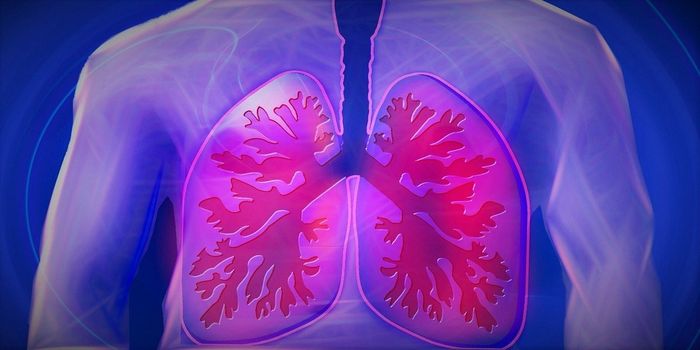With the ever increasing demands both at work and at home, more people are relying on caffeine to keep them alert throughout the day. And as a few recent studies have found, caffeine consumption could be tied to other health benefits, like decreased prostate cancer risks and increased lifespan. But the majority of caffeine drinkers are in it for the boost in alertness. How does caffeine deliver this jolt?
To understand caffeine's effects, we have to first understand how the body stays alert naturally. When awake, the brain produces a compound called adenosine, which bind to adenosine receptors to cause cell activity to slow down. By this mechanism, adenosine causes drowsiness and fatigue. Caffeine plays with this system by interacting with adenosine receptors. In essence, caffeine competes with adenosine molecules. The effect is less fatigue and more alertness.
While caffeine has many apparent benefits, remember to not overdo it. Too much caffeine (greater than 400 milligrams a day) has been linked with impaired cognitive abilities, mood swings, and even death.








